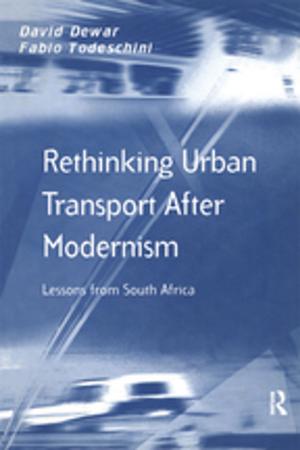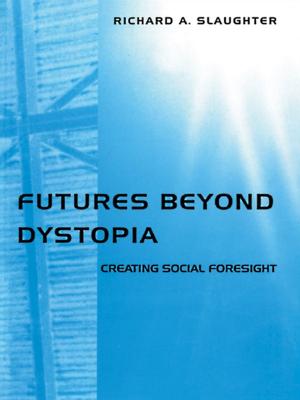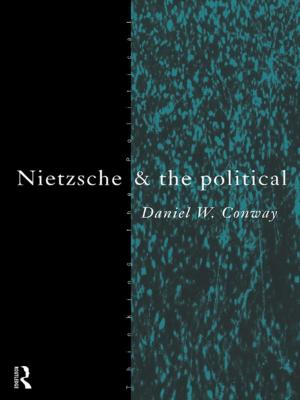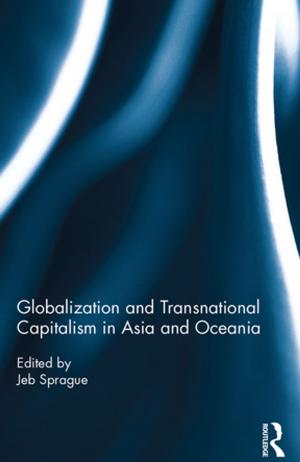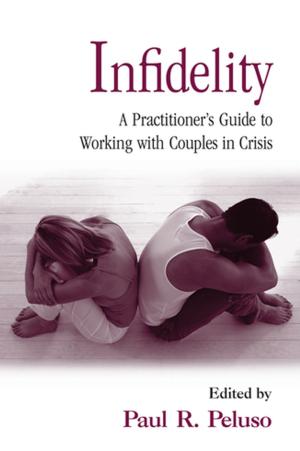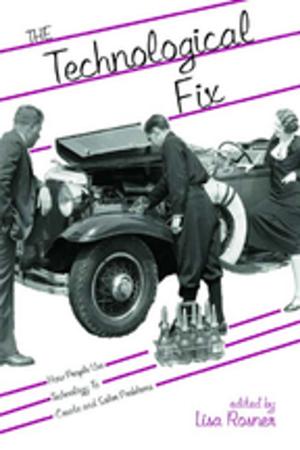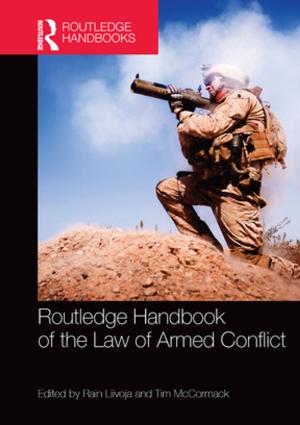Tracing the Borders of Spanish Horror Cinema and Television
Nonfiction, Entertainment, Film, History & Criticism, Performing Arts, Social & Cultural Studies, Social Science| Author: | ISBN: | 9781351858502 | |
| Publisher: | Taylor and Francis | Publication: | April 7, 2017 |
| Imprint: | Routledge | Language: | English |
| Author: | |
| ISBN: | 9781351858502 |
| Publisher: | Taylor and Francis |
| Publication: | April 7, 2017 |
| Imprint: | Routledge |
| Language: | English |
This critical anthology sets out to explore the boom that horror cinema and TV productions have experienced in Spain in the past two decades. It uses a range of critical and theoretical perspectives to examine a broad variety of films and filmmakers, such as works by Alejandro Amenábar, Álex de la Iglesia, Pedro Almodóvar, Guillermo del Toro, Juan Antonio Bayona, and Jaume Balagueró and Paco Plaza. The volume revolves around a set of fundamental questions: What are the causes for this new Spanish horror-mania? What cultural anxieties and desires, ideological motives and practical interests may be behind such boom? Is there anything specifically "Spanish" about the Spanish horror film and TV productions, any distinctive traits different from Hollywood and other European models that may be associated to the particular political, social, economic or cultural circumstances of contemporary Spain?
This critical anthology sets out to explore the boom that horror cinema and TV productions have experienced in Spain in the past two decades. It uses a range of critical and theoretical perspectives to examine a broad variety of films and filmmakers, such as works by Alejandro Amenábar, Álex de la Iglesia, Pedro Almodóvar, Guillermo del Toro, Juan Antonio Bayona, and Jaume Balagueró and Paco Plaza. The volume revolves around a set of fundamental questions: What are the causes for this new Spanish horror-mania? What cultural anxieties and desires, ideological motives and practical interests may be behind such boom? Is there anything specifically "Spanish" about the Spanish horror film and TV productions, any distinctive traits different from Hollywood and other European models that may be associated to the particular political, social, economic or cultural circumstances of contemporary Spain?

